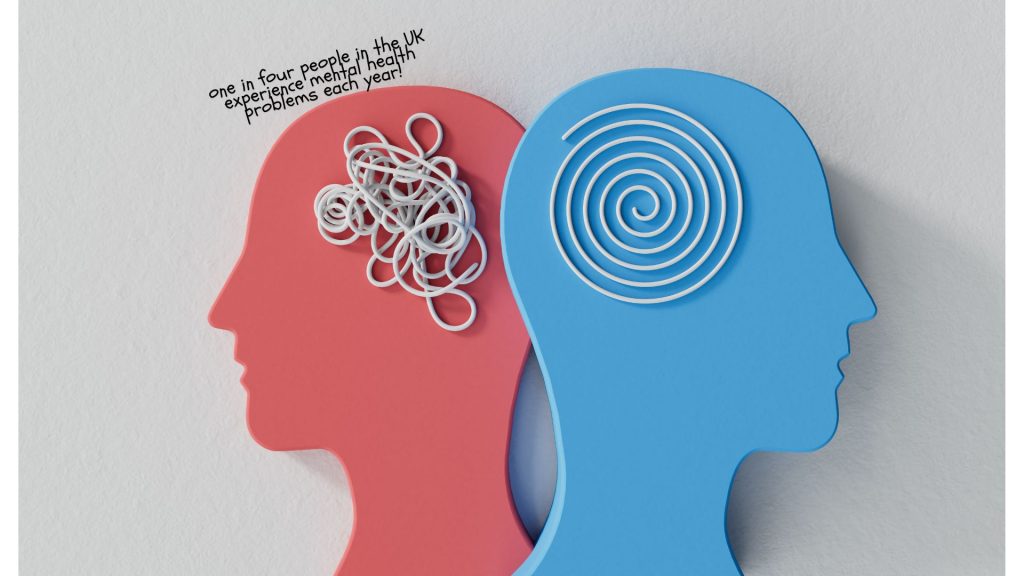Mental health issues are a growing concern in the UK workplace. According to the Mental Health Foundation, one in four people in the UK experience mental health problems each year. This has led to a growing awareness of the importance of mental health in the workplace and a push for businesses to take action.
One such action is the appointment of Mental Health First Aiders (MHFAs).
What is a Mental Health First Aider?
A Mental Health First Aider is a trained individual who can identify, understand, and respond to signs of mental ill health. They are not therapists or counsellors but are equipped with the skills to offer initial support and guidance to someone experiencing a mental health crisis.
Pros of Having Mental Health First Aiders in the Workplace
- Improved Employee Wellbeing: MHFAs can create a more supportive and understanding workplace culture, encouraging open conversations about mental health. This can lead to improved employee morale, reduced stress, and increased job satisfaction.
- Reduced Absenteeism and Presenteeism: Mental health problems can lead to significant absenteeism and presenteeism, costing businesses billions of pounds each year. MHFAs can help to identify and address mental health issues early on, reducing the impact on productivity.
- Increased Productivity: A mentally healthy workforce is a more productive workforce. MHFAs can help to create a positive and supportive work environment, boosting employee morale and motivation.
- Reduced Stigma: MHFAs can help to challenge the stigma surrounding mental health, making it easier for employees to seek help.
- Legal Compliance: In the UK, employers have a legal duty of care to their employees’ health and safety, including their mental health. Having MHFAs can demonstrate a commitment to meeting this duty of care.
- Increased Burden on Individuals: Being an MHFA can be a demanding role, and it is important to ensure that MHFAs are not overwhelmed.
- Limited Scope of Support: MHFAs are not trained therapists and cannot provide long-term therapy or counselling. They can offer initial support and guidance but should refer individuals to appropriate professional help.
- Potential for Misunderstanding: If not properly trained, MHFAs may misunderstand or misinterpret signs of mental ill health, leading to inappropriate or unhelpful responses.
- Assess Your Needs: Determine the number of MHFAs needed based on the size and nature of your business.
- Choose a Training Provider: Select a reputable training provider that offers accredited MHFA courses.
- Train Your MHFAs: Ensure that your MHFAs receive adequate training and ongoing support.
- Promote Mental Health Awareness: Create a culture of openness and understanding around mental health.
- Provide Clear Guidance: Develop clear guidelines for MHFAs on how to approach and support individuals with mental health concerns.
- Offer Support to MHFAs: Ensure that MHFAs have access to support and supervision.
- Evaluate the Programme: Regularly review the effectiveness of your MHFA programme and make adjustments as needed.
Contact us for informal chat or email in**@**************al.com
Subscribe for Essential Updates for a Healthier Workplace – delivers the latest insights, best practices and regulatory updates. Subscribe Here



